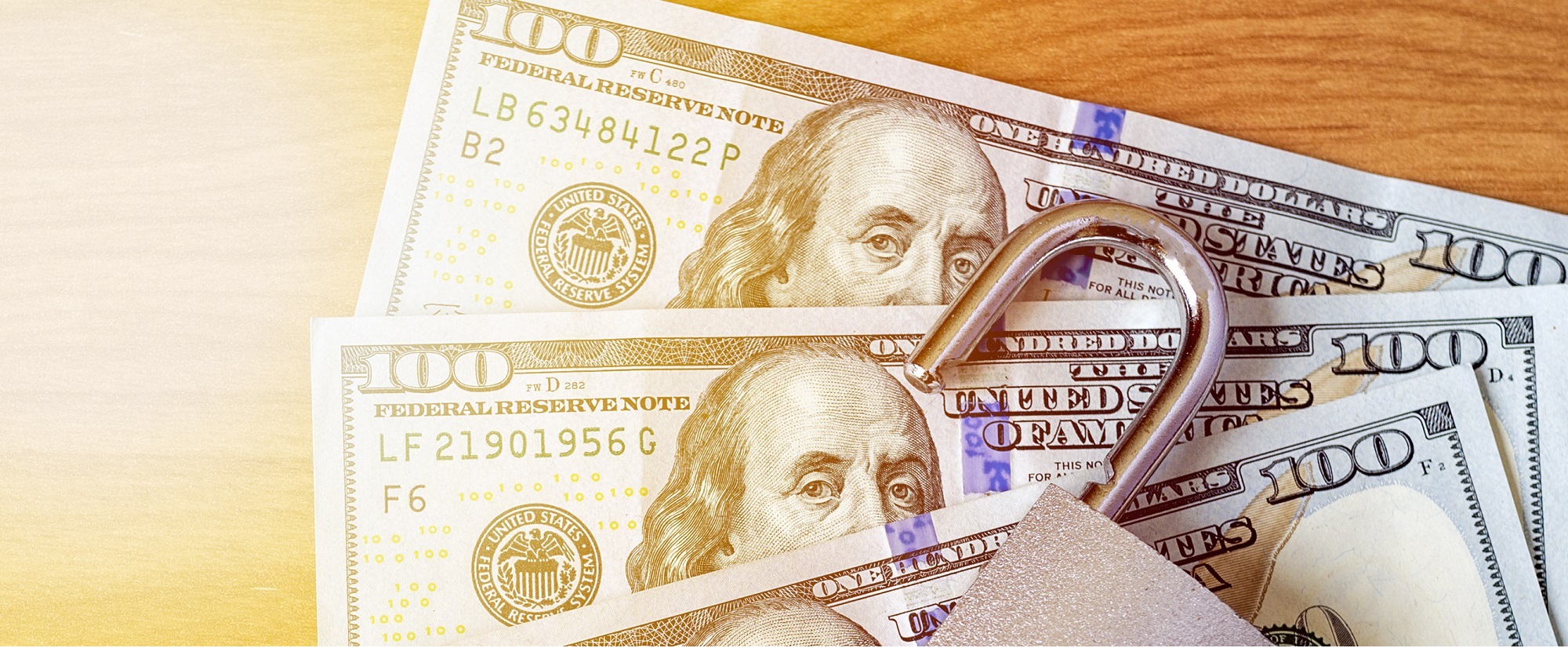
What crosses your mind when a Facebook friend asks you to copy and paste their post rather than just sharing it?
Their intention may be a genuine attempt to widen the spread of their message -- but there's also a downside
if the original poster was planning to harvest information about you.
COPY AND PASTE PLEA EXPOSES YOUR IDENTITY
If you're a Facebook user, have you ever wondered why some of your "friends" post items they ask you to
copy and paste rather than share?
Do you feel a little uneasy about why they asked you to do this?
Well, of course, they likely didn't ask you. They simply copied and pasted the item themselves that one of their friends previously
posted -- and the request to pass it on in this way was already built in.
The trail goes all the way back to the original poster. It's a sort of chain letter, which aims to reach as wide an audience as possible.
But why? Is it a scam?
Its purpose could certainly be dubious -- but not always. First, you need to understand something important about the way sharing and copy/pasting work on Facebook.
In very simply terms, when you share a post from someone who has tightly
controlled privacy settings, their privacy status effectively restricts who can see it. It can't be made "public" and may not even be further shareable.
But when you copy and paste an item, you're really creating a new post that can be
seen by all your friends and beyond. In other words, it gets wider circulation.
So, you're being used to help amplify a message. That may or may not be a good thing depending on its content.
But that's not all. By copying and
pasting, you're effectively enabling the original poster to track everyone else who is repeating it.
How?
The original poster inserts some text with a couple of spelling mistakes in the message. Then they do a search using the misspelt phrase.
This returns a list of everyone who has copied and pasted the message.
Now, let's say the message was about gun control, animal abuse or another contentious subject.
The original poster will now have a list of people who seem
to support his/her cause and they can go about trying to contact them via Facebook with "friend" requests and other messages.
Their findings could also contribute to a profile of you that some marketing and research companies build.
Furthermore, the original poster can delete their message and, therefore, not be easily traceable, while the copied-and-pasted versions live on.
That's not what happens with a shared message. If you delete something you shared,
all the forward-shared versions of it disappear as well.
AMEN TO THAT
The same tracking tactic works for any message. You know, the type that says something like, "If you agree, comment 'Amen'." Again, by doing a search,
the original poster will be able to identify all his/her supporters.
Copy-and-pasting can also be used for other sinister purposes.
For instance, if the original message is a hoax or fake news of some sort, the copy and paste
version becomes much more difficult to delete because each is effectively a new original.
So, as mentioned above, while deleting a shared message would remove the entire chain of forward shares (note, not earlier shares), that wouldn't happen
with a copy and paste.
And, again, the original hoaxer could delete their message to keep their own identity secret, while their false message continues to circulate.
Another chain-style trick that sneaky Facebook users apply
is to solicit information about you by offering to tell you something trivial about yourself, like which celebrity you most resemble, or which one would make you a perfect partner, or some other trick created to pique your curiosity.
They
might ask your birth date, your favorite color or even your mother's maiden name.
See where this is leading? You're giving information about yourself that potentially could be used for identity theft.
Plus, by taking part in this "game,"
your celebrity identity (or whatever) is entered into the post's comment field, which means the message will now most likely go to your friends. And so it goes on.
So before copying and pasting, adding "Amen" etc., or playing the celebrity
game, it makes sense to pause and consider the possible implications of what you're doing -- and the information you're giving away about yourself.
The original poster's intentions may have been perfectly honorable. Or maybe they're not.
And you may not find out until it's too late.

Protect Your Finances
Protect Your Finances
